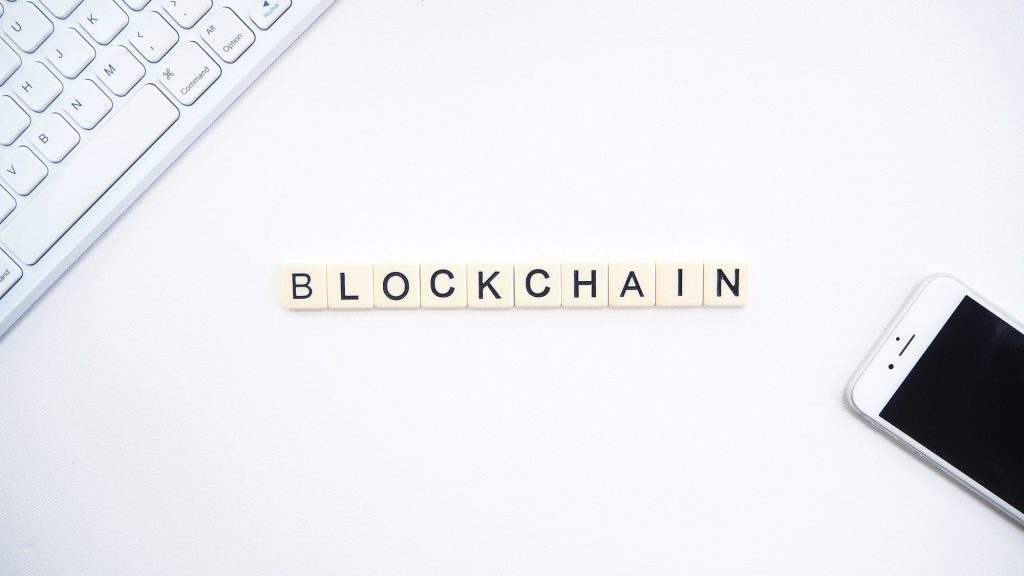You’ve probably heard of blockchain – the technology that powers cryptocurrency like bitcoin. Still, the same science has been repurposed to a number of different industries where proving origin and establishing provenance is essential. Think land ownership in Africa, the supply of rare earth materials for technology companies, and… coffee!
How Blockchain Works
The same cryptography (use of encryption) that guarantees us security when connecting to our bank over the internet, for example, can also be used to guarantee a transaction is genuine. If you can ensure that one transaction is legitimate because you have verified details of that persons or entity’s identity using a secure digital signature, then you can, in theory, guarantee each stage in the supply chain. If you ‘chain’ all those individual verifications together, you create a single file which you can step through one stage at a time back to the origin, and this is the blockchain. Think of it like peeling the layers of an onion – the more transactions, the more layers on the onion.
Why Coffee Farmers Suffer
The problem is for small and medium-sized growers who often operate without access to advanced banking services or have the power to form formal contracts for purchase. The price of coffee has significant price fluctuations, and so they will often be the party that gets pushed down and paid at a price that does not reflect the actual market value.
How Blockchain Will Help Coffee Farmers
In a supply chain, from coffee farmers, through the distribution and retail channels, there is a need to understand the province of the coffee’s origin. Consumers want to know where their coffee came from so they can know whether it is a sustainable source and if the farmer has been fairly paid for their harvest.
IBM’s has announced a “Thank My Farmer” App which will allow consumers to scan barcodes on their bag of coffee and see confirmed details of where the beans came from, and then donate directly to that farmer. This is a welcome step since alternative methods usually involved third parties which made it difficult to guarantee the farmers ever saw the money.
The idea is to bring traceability, efficiency, fairness, and communication across the coffee supply chain which is a $200 billion industry. This last week IBM showed the project at the massive tech trade show, CES 2020, in Las Vegas. India also last year announced a blockchain-based app which created a marketplace where farmers could register their crops, which can then be traced back to verify their authenticity.
We consume more than half a trillion cups of coffee each year, and as many as 67% of consumers between the ages of 19 to 24 say they want to drink coffee that is from a sustainable and responsibly grown source.

